What does ecohydrology mean to you?
I once taught a graduate seminar in ecohydrology, and we explored two lines of ecohydrology; one that dealt mostly with the influence of ecological entities (largely plants) on water budgets and flows in catchments, and the other that dealt with the influence of hydraulics on ecological entities (largely stream macroinvertebrates). Yet stream biogeochemists had been aware of the need to understand hydrology for explaining biogeochemical patterns and processes, and that was my take on ecohydrology. To generalize, I would say ecohydrology is the recognition of the key role of water in ecosystem patterns and processes, and the reciprocal importance of ecology in driving or modifying hydrological patterns and processes.
What are your undergraduate and graduate degrees in?
My undergraduate degree in ecology (self-designed major) is from Hampshire College in Amherst, MA. My M.S. and Ph.D. degrees are both in Zoology from Arizona State University.
How did you arrive at working in/thinking about ecohydrology?
I was trained as a stream ecologist, and to understand virtually anything about nutrient dynamics in streams you need to understand hydrologic processes. But in particular, I would point to two areas of research that were key: discovery of the role of the hyporheic zone in stream metabolism and nutrient dynamics and scaling up to consider aquatic-terrestrial interactions and whole stream drainage networks. In the latter vein, I’ve become interested in how water movement shapes ecological patterns in space and time in arid lands and in cities.
What do you see as an important emerging area of ecohydrology?
There is so little understanding of urban ecohydrology, and it turns out to be more than just transferring our understanding from non-urban catchments, more than just understanding how the intentional manipulation of hydrological systems is supposed to work in cities. It’s a really challenging problem, because what we (as humans) intend isn’t always what we get and isn’t always appropriate to the place or situation. We are seeing a greater appreciation for the utility of preserving or incorporating natural elements in urban infrastructure, such as stormwater systems, but much more work needs to be done on the hydrological, ecological, and biogeochemical properties of such systems in cities in different settings.
Do you have a favorite ecohydrology paper? Describe/explain.
I may be biased because this paper resulted from a NCEAS working group I organized in the 1990s, but I think that McClain et al. (2003, Ecosystems) was a timely paper outlining the spatial and temporal heterogeneity of ecohydrological dynamics in landscapes and introducing the concept of biogeochemical hot spots and hot moments.
What do you do for fun (apart from ecohydrology)?
I pretty much work all the time, because for me that’s fun, but I also enjoy hiking, cooking, and a good long walk with my dogs. I love being around water: swimming, kayaking, sailing, waterskiing (though not so much anymore), and walking on the beach or along a stream.
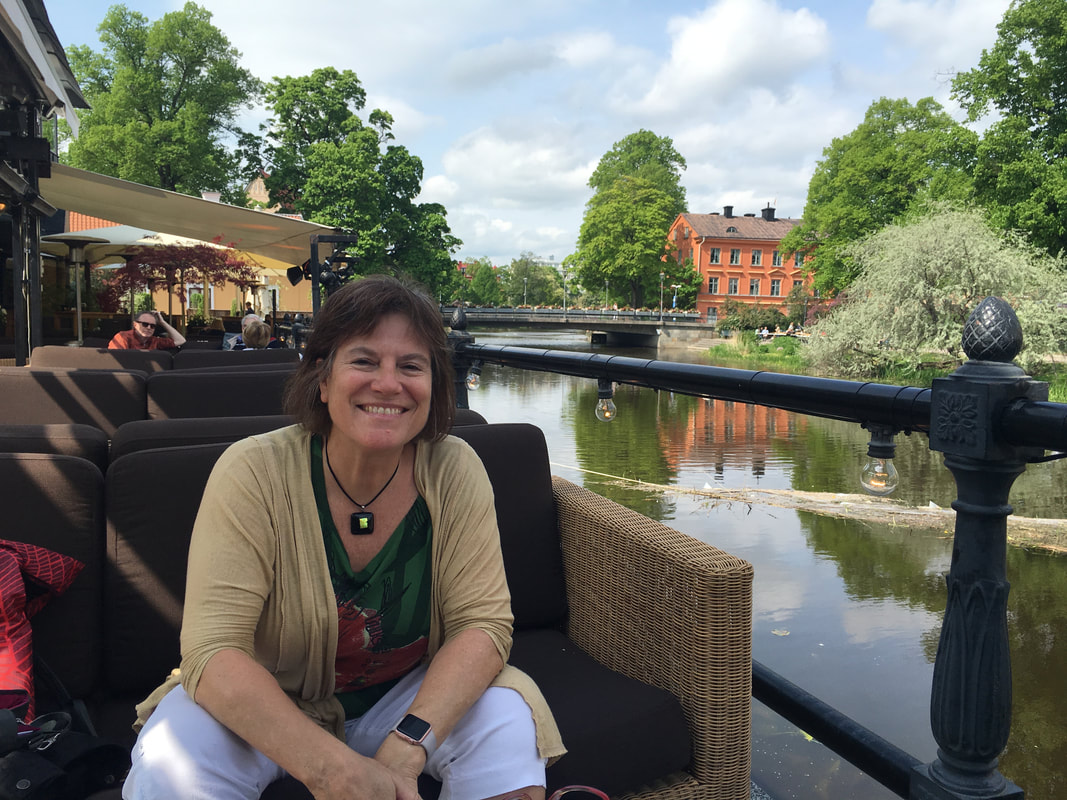
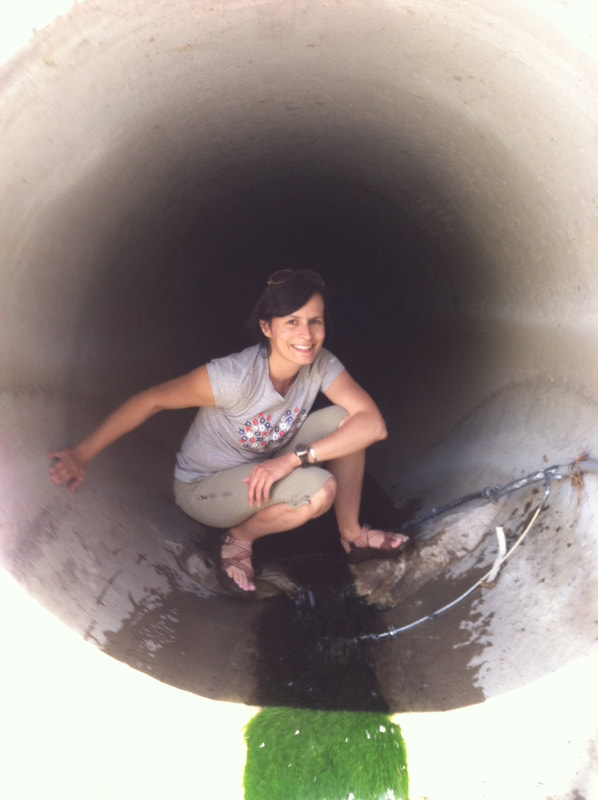
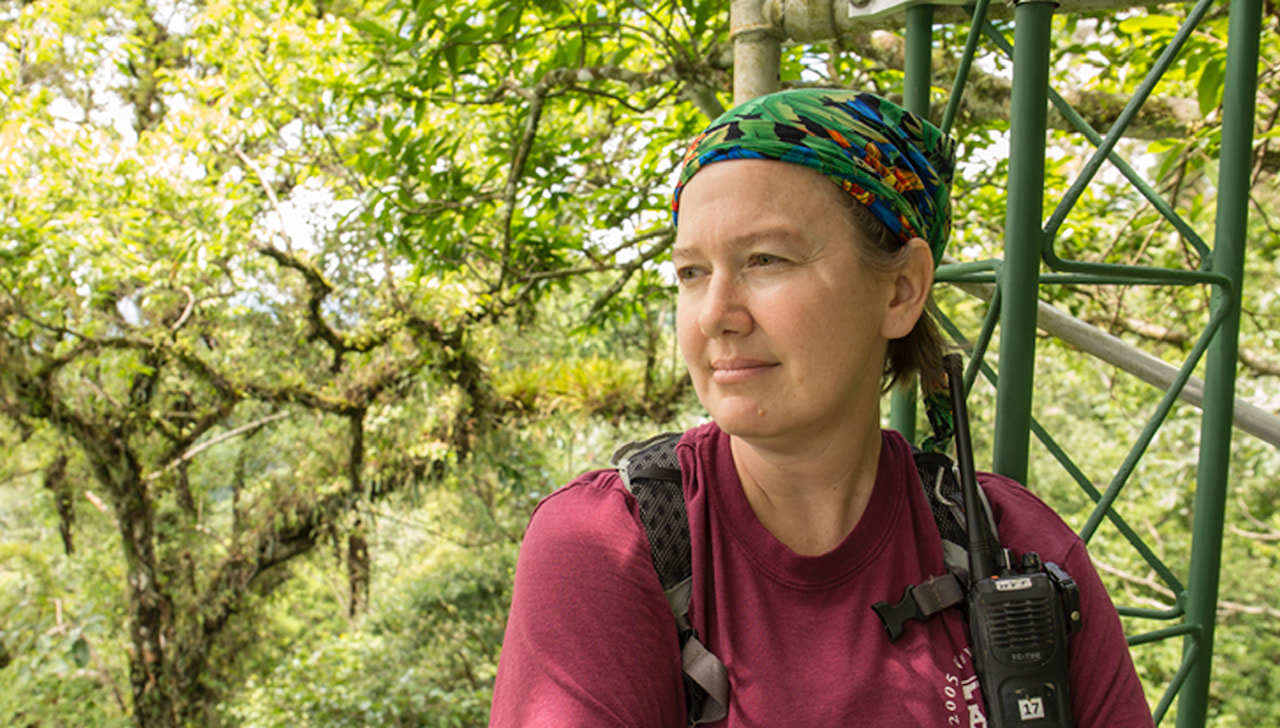
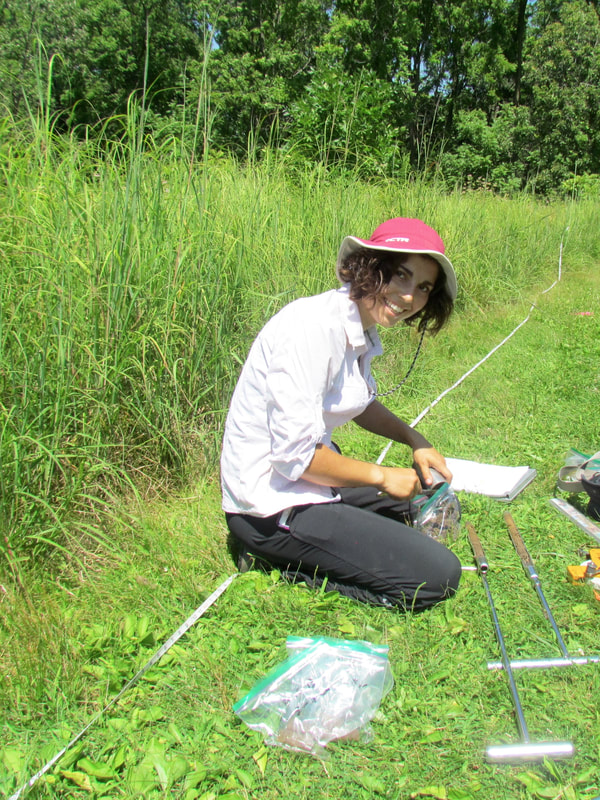
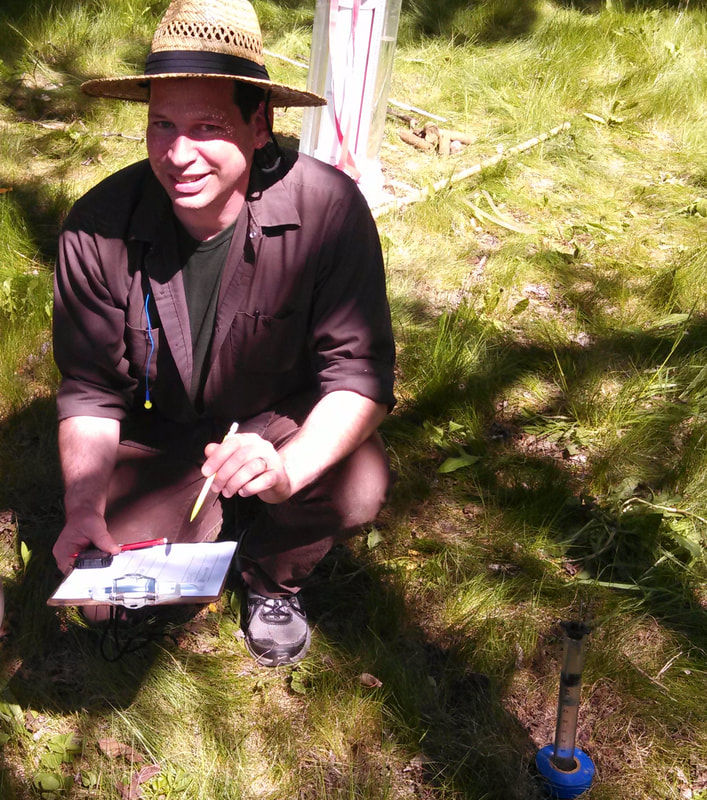
 RSS Feed
RSS Feed